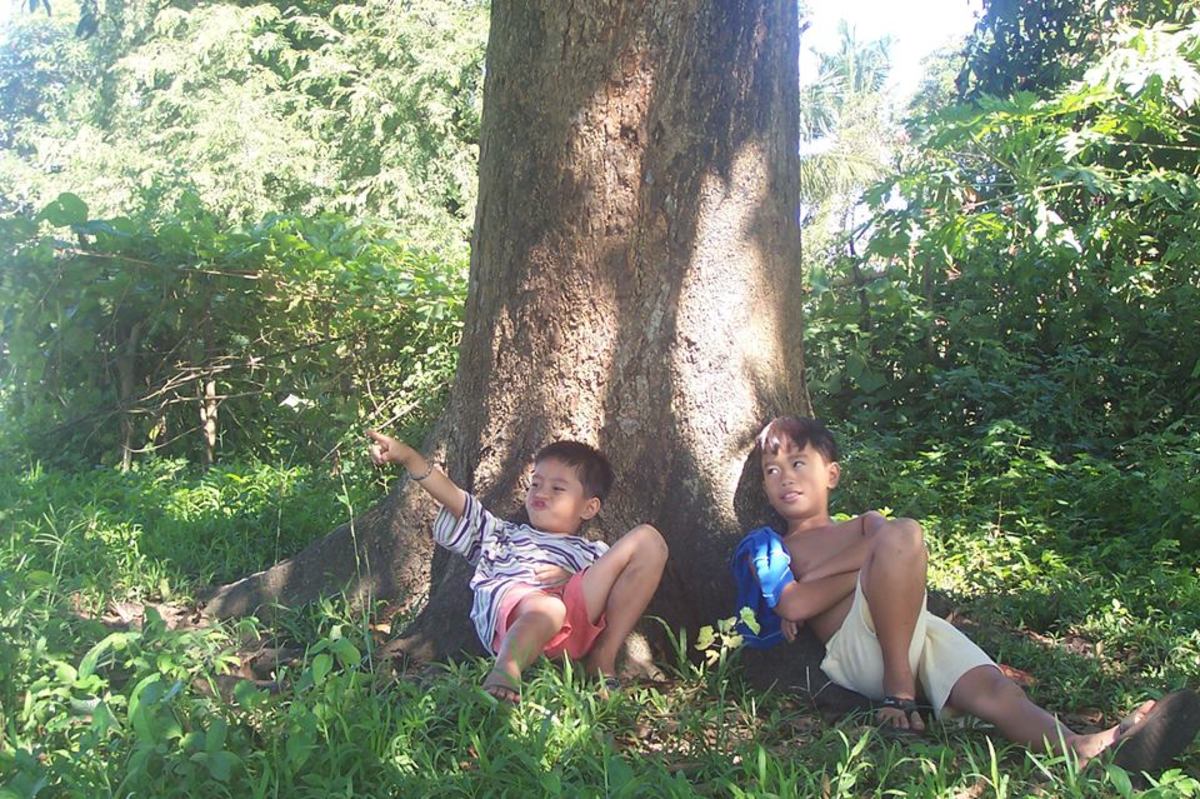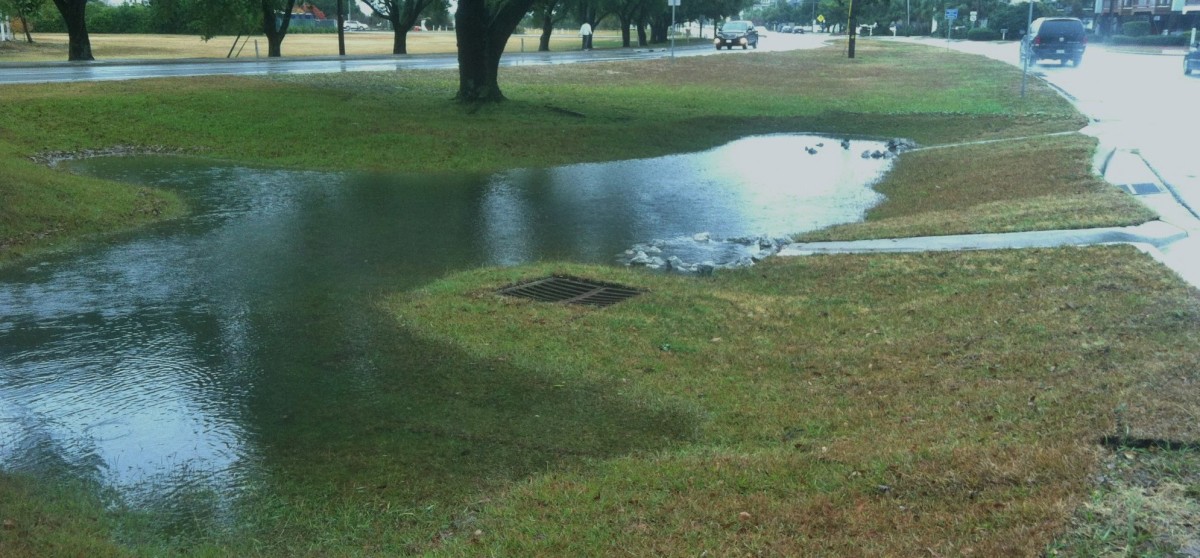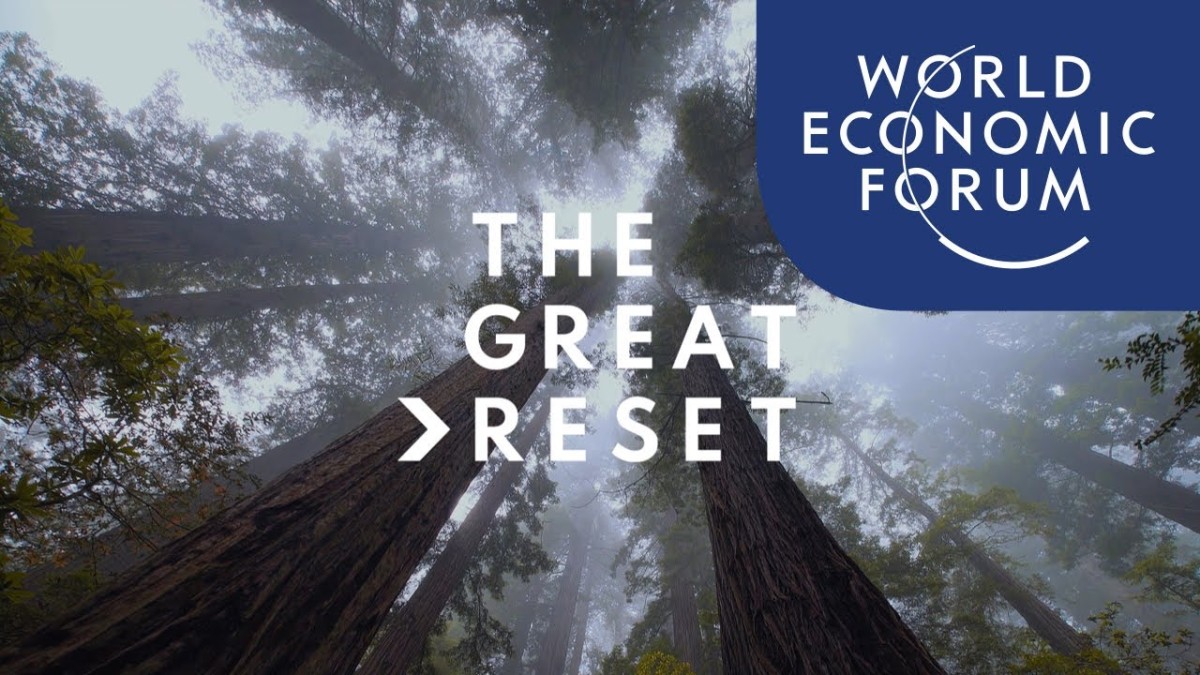Sustainable Education in Africa: The Role of Parents.
Introduction:
Development of current economic trends are not sustainable and that education, public awareness, and training are key to moving society toward sustainability, these are recognized by the people around the world.More so for achieving sustainability, Education is an essential tool as well. Beyond that, there is little agreement. People argue about the meaning of sustainable development and whether or not it is attainable. Of what sustainable societies will look like and how they will function they have different visions. These same people wonder why educators have not moved more quickly to develop education for sustainability (EDS) programs. The lack of agreement and definition has stymied efforts to move education for sustainable development (ESD) forward.
Communities have been concerned with the type of person that children become throughout human history and scholars have addressed the topic for over two thousand years. Aristotle (1987 in J.E. Weldon, Translation) addressed this issue in the Nichomachean Ethics. Jean Jacques Rousseau faced it directly in Emile in 1762. Over the past century, a wealth of data has been amassed concerning the development of morality in children and adolescents through the acquisition of sustainable good education. Throughout this time, the role of adults, especially parents, in the development of children’s education has been a central focus.
In the same vein, socialization theorists have continued to view internalization as stemming primarily from parents’ influence on their children through their parenting practices (Colby & Kohlberg, 1987; Damon, 1977; Kohlberg, 1969; Piaget, 1932/1965). According to social domain theory, children construct different forms of social knowledge, including morality (expressed through reasoning and actions which pertain to the welfare, rights and fair treatment of person) as well as other types of social knowledge, through their social experiences with adults especially their parents.
1. The concept of sustainable development:
The concept of sustainable development was therefore popularized in 1987 with the publication of the “Brundtland Report”. Also known as “Our Common Future”-the Report of the World Commission on Environment and Development. This landmark report highlighted the need to conceptualize sustainable development that would “meet the needs of the present without compromising the ability of future generations to meet their own needs”.
Five years later, in 1992, the United Nations Conference on Environment and Development (UNCED) met in Rio de Janeiro to discuss the planet’s dwindling resources in the face of unrestrained economic growth and the failure of humankind to achieve equitable development. The “Earth Summit”, as the UNCED came to be known, resulted in countries agreeing to the Rio Declaration setting out 27 principles for achieving sustainable development and complemented by Agenda 21( the number 21 refers to the 21st century), a guiding document for sustainable development.
The highlighted four areas of action that Agenda 21 identified are the essential tool for achieving education for sustainable development. These were:
1. Improve the quality of basic education;
2. Reorient existing education programmes to address sustainable development;
3. Develop public awareness and understanding; and
4. Provide training for all sectors of private and civil society.
Agenda 21 reached a conclusion that education for sustainability of which many other disciplines were indispensable components, would engage partners from all arenas-adult education, on –the-job training, other formal and non-formal education programmes, and the media to reach out to as many individuals as possible. Clearly, the time is right to engage in a dynamic process to educate not only children but all citizens about the economic and environmental realities of today’s world. This article will, therefore, address the concept and the issues involved in sustainable education and the role of parents in achieving the sustainable education in Africa through the examination of some selected aspects of parenting and parent practices in diverse areas.
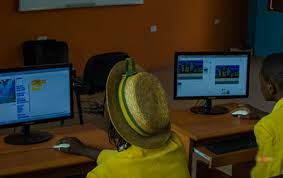
2. Education for Sustainable Development (ESD)
The term sustainable education complements a number of others fields such as:
i. Environmental education,
ii. Global education,
iii. Economic education,
iv. Development education,
v. Multicultural education,
vi. Conservation education,
vii. Outdoor education,
vii. Global change education and others.
The very concept of Education for Sustainable Development (ESD) challenges the way most people think about the world today by encouraging them to imagine a different future and reflect on how their values, beliefs and current behaviour might affect their collective ability to realize such a future.
In recognition of the importance of education for sustainable development, the United Nations General Assembly declared 2005-2004 the UN Decade of Education for Sustainable Development (DESD). UNESCO was requested to lead the Decade and to develop an international implementation scheme (IIS) for the Decade. The IIS identifies two goals for Decade:
1. To provide an opportunity for refining and promoting the vision of, and transition to, sustainable development through all forms of education, public awareness and training;
2. To give an enhanced profile to the important role of education and learning in sustainable development (UNESCO, 2004).
Education for Sustainable Development (ESD) is based on the premise of “learning by doing”. Each cultural/societal group will choose to address Education for Sustainable Development in the context of its own aspiration for sustainable development. Thus, there can be no “one-size-fits-all” approach to Education for Sustainable Development. The challenges for engaging the private sector in Education for Sustainable Development will be quite different from the challenges in formal education, for example. How a rural community address Education for Sustainable Development will, similarly, be different from how an urban community does.

3. Cognitive and affective natures of parents’ interactions facilitate children’s moral development:
Cognitive and affective natures of parents’ interactions have been found to facilitate children’s moral development. Social domain theory focuses on children’s active construction of knowledge from varied social experiences and different interaction partners, including parents as well as peers. Parents are concerned with ensuring children’s welfare, protecting their rights, and helping them learn how they ought to relate to others. Parents are centrally important in moral upbringing of their children by virtue of their concern with their development welfare.
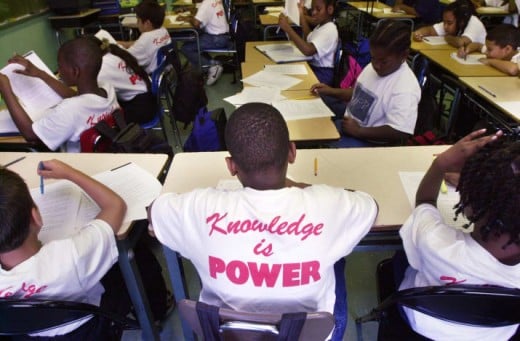
4. The need for education to achieve sustainability in Africa.
The need for education to achieve sustainability many nations around the world have embraced it, only limited progress has been made on any level. This lack of progress stems from many sources. In some cases, a lack of vision or awareness has impeded progress. In others, it is a lack of policy or funding. According to Charles Hopkins, who has spoken with people at many levels of involvement in education (i.e., ministers of education, university professors, K - 12 teachers, and students), twelve major issues stymied the advance of Education for Sustainable Development during the 1990s and the new millennium.
By addressing these critical impediments in the planning stage, governments can prevent or reduce delays or derailment of Education for Sustainable Development efforts and, ultimately, the attainment of sustainability. That is the work of the Governments and they need to address issues that are specific to local conditions, in addition to these generic issues i.e government at all level, (e.g., the quality of the relationship between the school, governors and the teacher union).
1. Increasing Awareness: Education for Sustainable Development is Essential:
To develop awareness within the educational community and the public that reorienting education to achieve sustainability is essential, and this is the initial step in launching an Education for Sustainable Development program. If government officials or school district administrators are unaware of the critical linkages between educations and sustainable development, reorienting education to address sustainable development will not occur.
For regional land and resource management programs, and local programs, then education is in a position to be reoriented to help achieve sustainability When people realize that education can improve the likelihood of implementing national policies. The essential first step in the reorienting process is awareness.
2. Structuring and Education for Sustainable Development should be included in the Curriculum:
Each country faces a fundamental decision in addressing an Education for Sustainable Development strategy.(e.g., Sustainable Development, Environmental Education, or Population Education) or to reorient entire education programs and practices to address sustainable development. Each country must decide on a method of implementation. To change the goals and methods of education to achieve sustainable development. For clarification on whether their educators are being asked to teach about sustainable development, the Nation needs to ask.The answer to this question will profoundly affect each nation's course of action.
3. Educational Reform and Economic Viability:
Already critically debated in light of the changing needs of society. The current widespread acknowledgement of the need for educational reform may help advance Education for Sustainable Development. If it can be linked to one or more priorities of educational reform, Education for Sustainable Development could have a good chance of success.
4. Promoting Sustainability in Popular Culture:
Perhaps the most difficult obstacle to address in implementing Education for Sustainable Development is that of popularity. While many countries agreed that Education for Sustainable Development is important, the themes of sustainability are not prevalent in popular cultures or governmental policies. The rates of use of renewable resources should not exceed their rates of regeneration that is one of the examples of the principle of sustainable development. Yet, many societies have developed or are developing a "disposable culture." Disposable beverage containers, food wrappers, plates, and eating utensils pass through our lives daily. We use them once and then discard them to be buried, burned, or dumped in the water. This disposable culture is using such resources as trees and fossil fuels more rapidly than they can be replaced.
5. Facing the Complexity of Sustainable Development Concept:
Sustainable development is a complex and evolving concept. Numbers of scholars have been trying and facing the complexity of defining the sustainable development and envisioning how to achieve it on national and local levels. Education for sustainable development is hard to define and implement, it is also difficult to teach.
Recommendation:
1. Education for Sustainable Development must be reflecting the environmental, economic, and social conditions of your community. Also must be locally relevant and culturally appropriate,
2. Education for Sustainable Development should be created through a process of public participation in which stakeholders from across the community can express their visions for a sustainable community and what an education reoriented to address sustainability should include.
3. Each discipline, teacher, and administrator can contribute to Education for Sustainable Development according to the strengths model.
Communities and school systems should work together to achieve community sustainability goals.
Education is our great hope for a sustainable future. Engaging in the important task of implementing Education for Sustainable Development you are bringing the possibility of a more sustainable future to your community and nation.
© 2017 ODEWOYE FRANCIS SUNDAY

